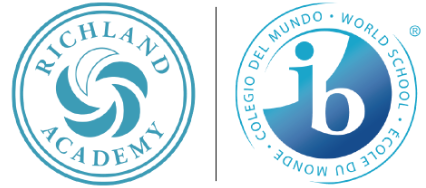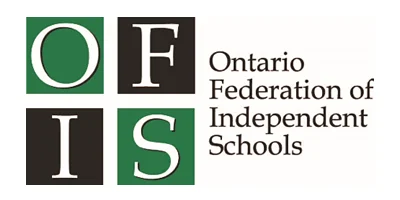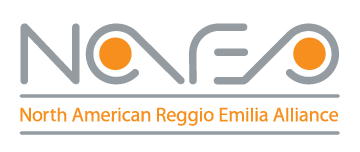‘Knowledge is constructed not in isolation but within the social group.’ ~ Environment as a Third Teacher
Research has shown that:
- All students are capable of contributing to a collaborative inquiry
- Children learn a great deal in exchanges with their peers
- Small groups provide possibilities for hearing and listening to one another and developing curiosity and interest
- Collaboration encourages questions and explorations
What Collaboration Means to the Children:
- “We can learn some things I never knew before.” – MJ
- “We get different ideas and help. It makes it easier.” – AB
- “We share ideas with people.” – SS
- “We all work together and work things out.” – SB
- “We talk about stuff and figure it out.” – IP
As one of our Reggio principles, collaboration has become an integral part of our learning. It has transcended all subject areas and allowed the children to interact with one another to co-construct knowledge.  Through careful observations, I have noticed that the children engage with one another by sharing and building on ideas, help each other to understand, collect and organize information and ask and respond to questions.
Through careful observations, I have noticed that the children engage with one another by sharing and building on ideas, help each other to understand, collect and organize information and ask and respond to questions.
Alone we can do so little. Together we can do so much. ~ Helen Keller









